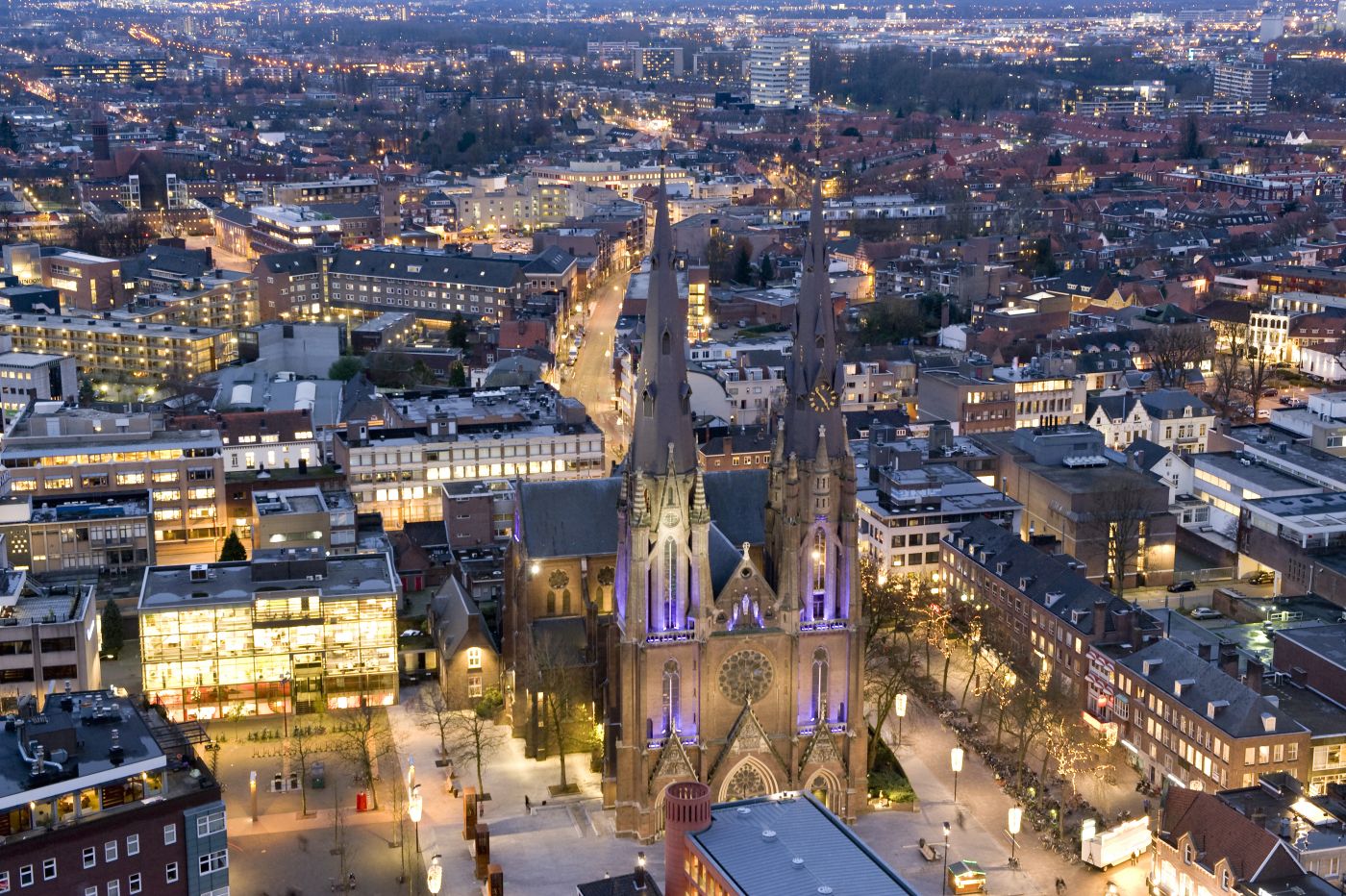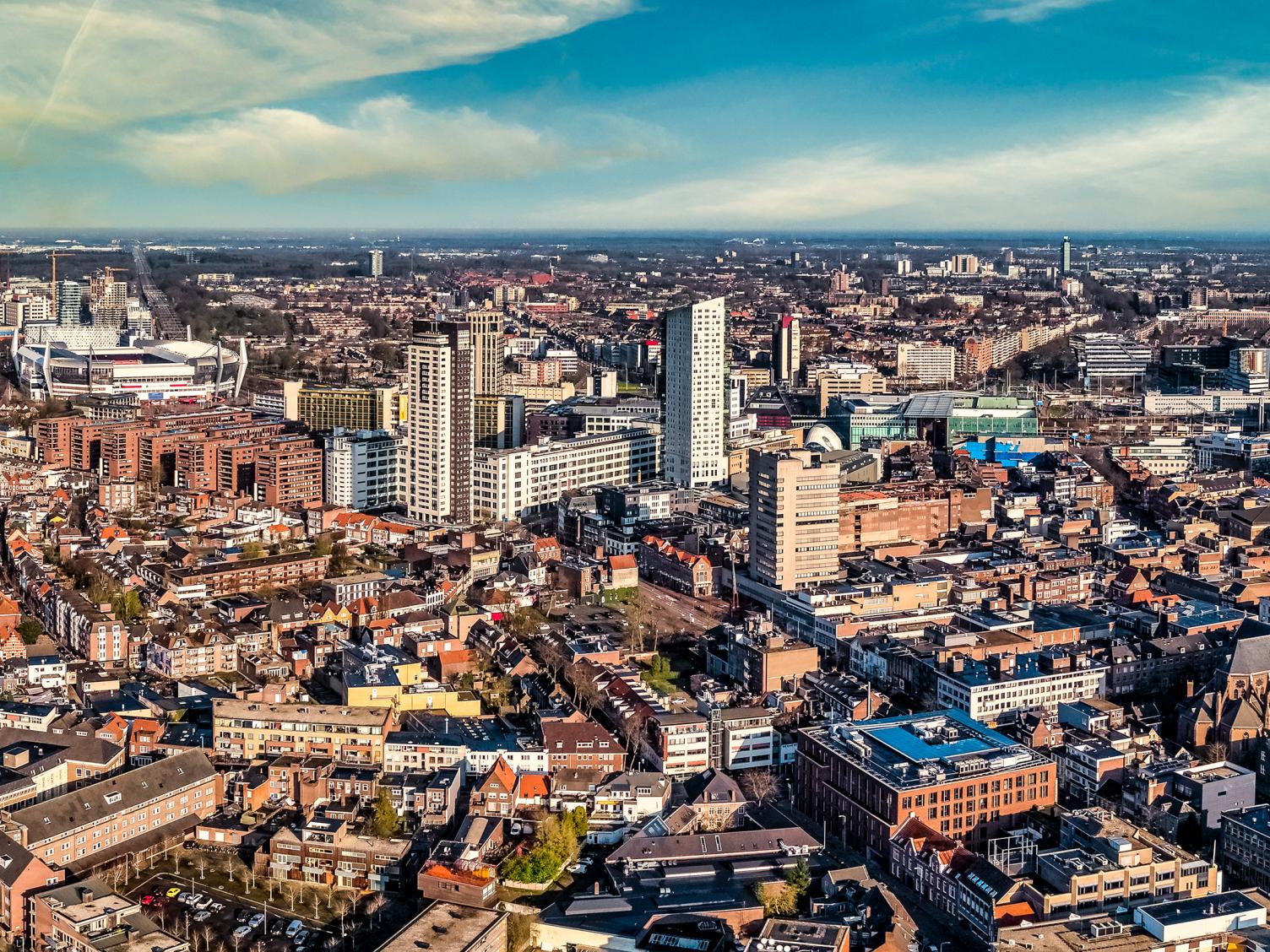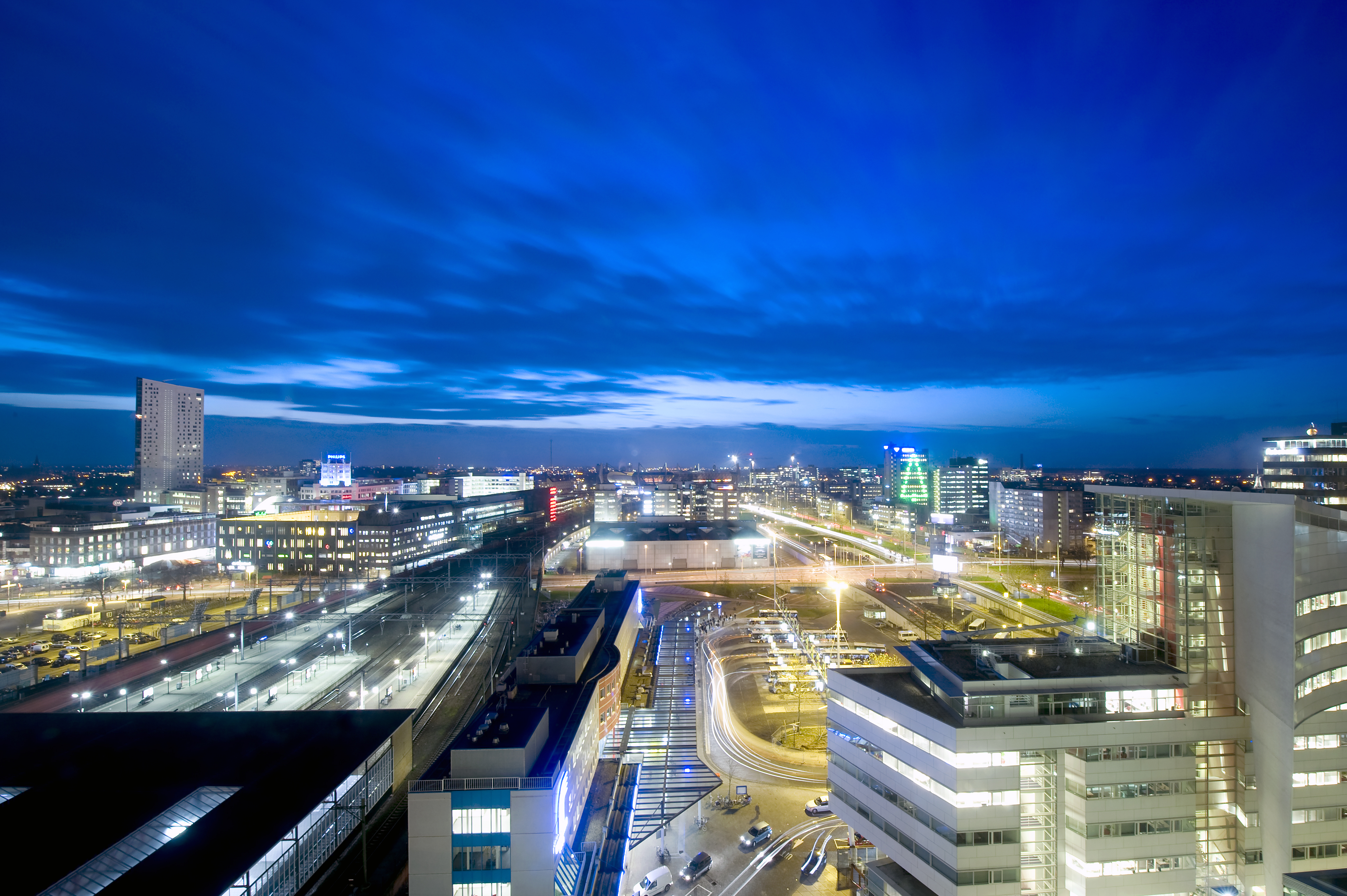Eindhoven's Industrial Roots
Eindhoven, a city in the southern Netherlands, was once synonymous with industrial prowess. In the early 20th century, it was the birthplace of Philips, the electronics giant, which established its first factory here in 1891. This marked the beginning of Eindhoven's transformation into a bustling industrial hub, with factories and warehouses dominating the landscape.
The Shift Towards Sustainability

In recent years, Eindhoven has embarked on a journey to redefine its urban landscape. The city has been actively converting its industrial sites into green spaces. One notable example is the Strijp-S district, a former Philips industrial complex. This area has been repurposed into a vibrant neighborhood featuring parks, residential areas, and creative workspaces. The transformation includes the creation of the Torenallee, a green corridor that connects various parts of the district, providing a lush environment for residents and visitors.

Urban Forest Initiatives

Eindhoven's commitment to green urban planning is evident in its urban forest initiatives. The city has introduced projects like the "Green Tower," a vertical forest concept that integrates trees and plants into building facades. This initiative not only enhances the aesthetic appeal of the city but also improves air quality and biodiversity. The Green Tower is part of a broader effort to increase the city's green cover by 20% by 2030.
Community Involvement in Green Projects
The transformation of Eindhoven is not just a top-down approach. Local communities are actively involved in the greening projects. Initiatives like "Adopt a Tree" encourage residents to participate in planting and maintaining trees in their neighborhoods. This community-driven approach ensures that the green spaces are well-maintained and cherished by those who live there.
Challenges and Future Prospects
While Eindhoven has made significant strides in transforming its industrial legacy, challenges remain. Balancing urban development with green initiatives requires careful planning and collaboration between the city government, businesses, and residents. However, the city's commitment to sustainability and innovation positions it well for future growth as a model for other post-industrial cities seeking to embrace green urbanism.










